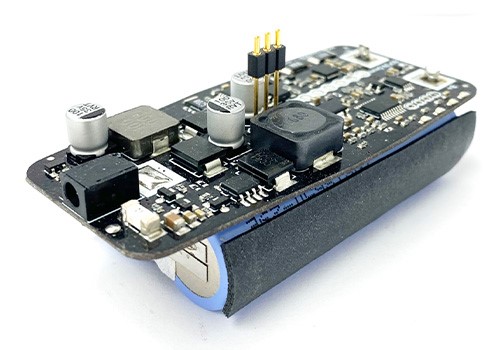In today's rapidly evolving technological landscape, custom battery design has become increasingly crucial. From powering electric vehicles to supporting renewable energy storage systems, Li-ion battery design plays a pivotal role in various industries. However, optimizing these designs to meet specific performance criteria while ensuring safety and reliability remains a significant challenge.
One of the primary hurdles faced by battery designers is achieving the delicate balance between energy density, power output, and battery life. Traditional approaches often rely on trial and error methods, leading to time-consuming and costly iterations. Additionally, as the demand for customized solutions grows, the need for efficient design processes becomes more pressing.
The Emergence of Artificial Intelligence
This is where artificial intelligence (AI) steps in to revolutionize custom Li-ion battery design. By leveraging AI algorithms, battery engineers can analyze vast amounts of data and identify optimal design parameters with unprecedented speed and accuracy. From material selection to electrode configuration, AI-driven design tools can explore countless possibilities and recommend the most promising solutions.
Optimizing Performance and Safety
One of the key advantages of employing AI in battery design is its ability to predict and mitigate potential safety risks. By analyzing historical data and real-time performance metrics, AI algorithms can identify patterns indicative of thermal runaway or other hazardous conditions. This proactive approach allows engineers to incorporate safety features into the battery design from the outset, minimizing the risk of catastrophic failures.
Moreover, AI-driven battery optimization tools can continuously monitor and adjust operating parameters to maximize performance and extend battery life. Through machine learning algorithms, these systems can adapt to changing environmental conditions and usage patterns, ensuring optimal operation under diverse circumstances.
Enhancing Efficiency and Cost-effectiveness
In addition to improving performance and safety, AI-enabled battery design tools can also streamline the overall design process, reducing time-to-market and development costs. By automating tedious tasks such as material characterization and simulation, engineers can focus their efforts on creative problem-solving and innovation.
Furthermore, AI algorithms can identify opportunities for cost optimization without compromising quality or performance. Whether it's selecting alternative materials or refining manufacturing processes, these insights can lead to substantial savings over the battery's lifecycle.
The Future of Custom Battery Design
As AI continues to advance, its role in custom Li-ion battery design will undoubtedly expand. From predictive maintenance to adaptive charging algorithms, the possibilities are limitless. By embracing this technology, battery designers can stay ahead of the curve and deliver cutting-edge solutions that meet the evolving needs of their customers.
Business Impact
Emerging Power recognizes the immense potential of AI in battery design. By integrating state-of-the-art AI algorithms into our design processes, we ensure that our custom battery packs not only meet but exceed the highest standards of performance, safety, and reliability. Our commitment to innovation and excellence enables us to provide cost-effective solutions that address the most demanding challenges faced by our customers across industrial, military, and commercial applications.

